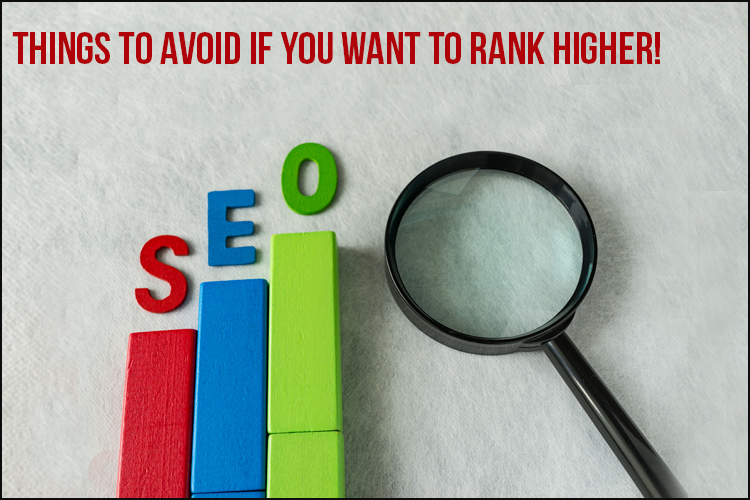4 Things Are Preventing Your Content from Ranking Higher

Have you followed “The Content is King” formula in your online marketing? Most probably, you have. Most of the marketers are likely to implement this concept in their SEO strategy. We are not going to discuss this topic today, but it is somewhat relevant here as well.
Assume you have performed in-depth market research for your website, dig out some high-traffic pages of your site that you want to optimize for even better ranking. Then you start your content development with high demanding business keywords.
After that, you published your new content and held tight to see the results.
Months passed, and the content you created isn’t ranking well still after tons of research and implementation. Even there is no visible improvement at all, and you have no leads.
Have you faced the same condition in your journey?
You might have put everything you got in your brain to lift your site ranking, but you don’t what is preventing your site content or posts from ranking high in the search engines.
This situation can be extremely disappointing for an online marketer. Don’t worry, you can still fix that all up, and your site can still rank much higher than your current position. For this, you need to learn where you are failing now or what things are holding back your site on SERP. In this article, we are going to tell you just that. Let’s get in!
1. What’s Your Content About?
There are too many SEO ranking factors that can influence your SERP ranking. This includes your link profile to loading speed. But keep in mind that your content is the main reason for your high ranking. If the content is trash, then doing tons of SEO will be futile.
Search engines are smart enough to block the WebPages that have irrelevant or copies content. Search engines want something really fresh and original with high relevance.
Ask yourself, does the content you have posted really answer to the user’s questions? Is your article crisp and clear, or is it hard to understand for the majority of the audience?
The webpage on which you post the content should be relevant to your content. While explaining something in your blogs, don’t hesitate to go long.
If your content is not beneficial for the users or visitors, then the search engine will never put your site on the top positions.
2. What Are Your Keywords?
The keywords on your website work like a network of subtopics, but do they really support your content to rank higher? Have you notices what kind of keywords is using on your website in the majority? If so, you may have used the short tail keyword for the most part. There is no doubt that short keywords are higher in search volumes, but it can be almost impossible for a small company to rank for them.
Have you targeted long-tail keywords in your website and content? If you have used long-tail keywords, then see the difference in their ranking. No doubt that long-tail keywords that have 4-5 words are much easier to rank than the short one.
Long-tail keywords are not only easier to rank high, but they are also more focused or relevant keywords. They often provide higher conversions than the standard keywords.
People who use long phrases while searching for products are likely to be interested in making a purchase. For example, a person searches for “Men shirts” is less likely to make a purchase right away. On the other hand, if someone searches for “Men’s blue formal shirt,” then it is possible the user may make the purchase right there.
Now can you utilize long-tail keywords on your site for the majority? You should find out long-tail business keywords and then try to use them optimally in your site to get better search ranking.
3. Updated Content
Most of the site owners ignore this point, and it is one of the biggest mistakes why their content doesn’t rank well. Search engines love the content, which is frequently updated with time, and they avoid the sites that have old content. Search engines know that content needs some edits and updates after some period.
If your blogs and web content are not updated from a few months, then the search engine will not rank it higher, no matter how many backlinks you build for it. Yes, the age of your domain matters, but content should be tweaked frequently in months to get the best ranking.
4. Weak Link Profile
Relevant content and keywords play a huge role in content ranking, but inbound links also play a gigantic role. You can’t rank on the top position with zero backlinks; you can try so. Inbound links help search engines to trust your site and content. Don’t only focus on the counts, but also go for the high-quality backlinks.
